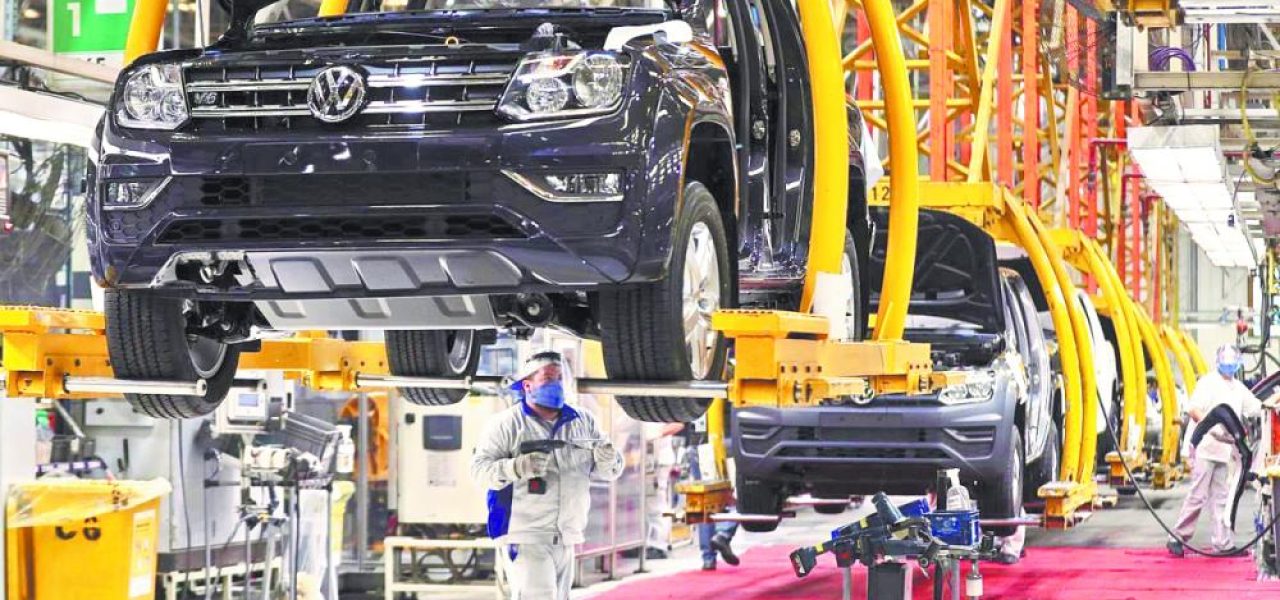Salary negotiations in the automotive and auto-parts sector in Mexico have become a complex and challenging process, largely due to the uncertainty generated by the imposition of tariffs, said Óscar de la Vega, partner at D&M Abogados, who led the salary revision process at Volkswagen.
In this complex scenario, he said that the Volkswagen de México in Puebla case is an example of the difficulties being faced by the sector. “The automaker, known for paying the best salaries in the automotive industry at the national level, conducted intense and complicated negotiations with its independent union, which represents 7,000 workers. The goal was to obtain a salary increase that maintained the competitiveness of the company in face of the current crisis”, he pointed out.
De la Vega explained that this salary revision process, which included 25 hours of continuous negotiation before the strike was due to break out, progressed thanks to the maturity of the union representation, which understood the problems faced by the company. “In spite of the complex situation, a salary increase of 4% was agreed upon, maintaining Volkswagen’s place as the company with the best salaries in the sector.”
This agreement reached at Volkswagen is seen as a starting point for future salary revisions in the sector, particularly for auto-parts companies that export to the United States, “it is important to note that the situation is further complicated by the lack of definition of the USMCA; it generates uncertainty in production planning for next year and supply chains.”
In this context, De la Vega added that “collective bargaining has become a platform for reassessing companies’ economic conditions. Labor matters, given their dynamic nature, constantly adapt to companies’ and the country’s economic situation, turning every salary revision into a unique challenge.”
VW digitalizes its production plants
On the other hand, Volkswagen de México informed that it has transformed its operations by integrating digitalization into its Puebla and Silao plants, “turning what was once a future vision into a tangible reality. This adoption of technology has not only optimized the automaker’s systems and processes, but has also significantly improved its environmental and productive performance.”
In a statement, the automaker explained that with 93.6% of energy coming from renewable sources and a 22% reduction of energy consumption for every unit that is manufactured, digitalization has redefined the planification, execution and evaluation of production through intelligent technologies.



